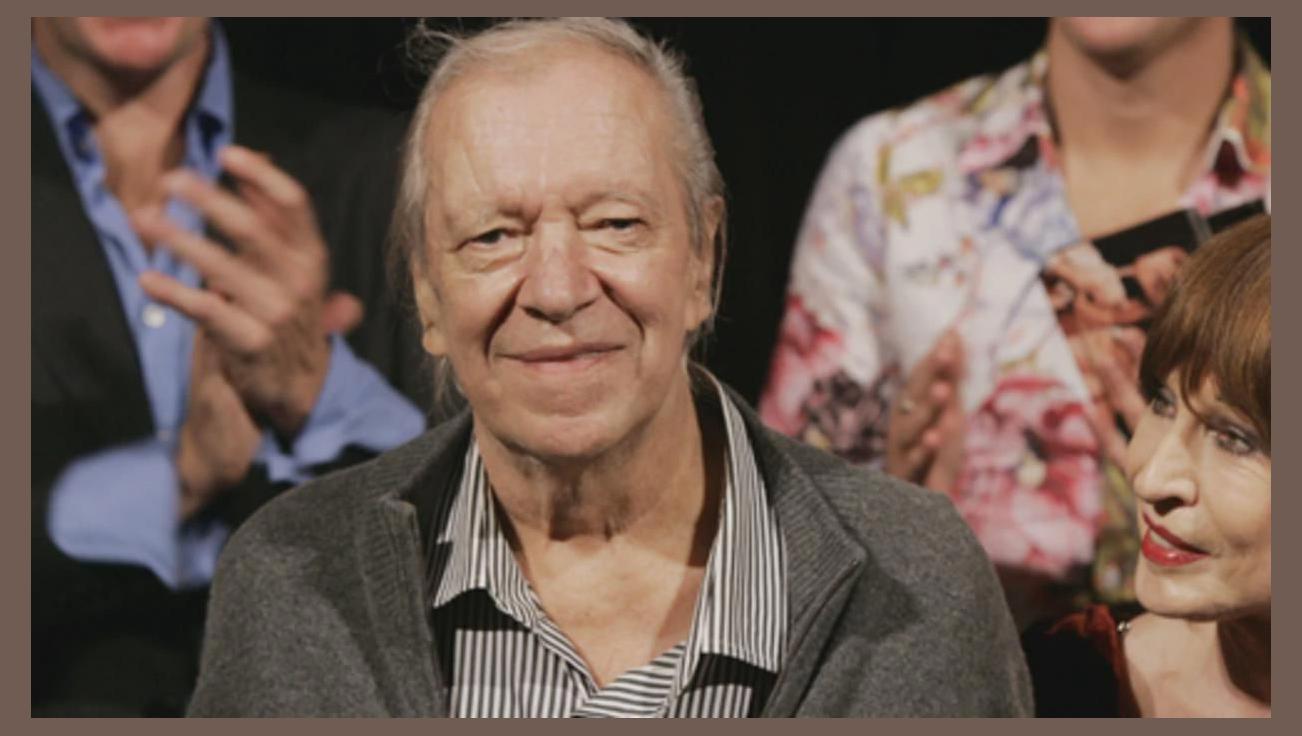 Ramses Shaffy
Ramses Shaffy
Ramses Shaffy: The Enigmatic Dutch Troubadour
Ramses Shaffy, an enigmatic and influential Dutch singer-songwriter, left an enduring mark on the cultural landscape of his home country. His music, a fusion of folk, jazz, and poetic lyrics, transcended generations and continues to resonate with listeners today.
Early Life and Influences:
Born in Cairo to Egyptian and Dutch parents, Shaffy's upbringing exposed him to a diverse array of musical influences. His father's love of opera and his mother's appreciation for Egyptian folk music instilled in him a lifelong passion for the art form.
Musical Journey:
Shaffy embarked on his musical career in the 1960s, initially as a member of the group Shaffy Kantate. This collective released several albums, including "Shaffy Kantate" (1966), showcasing their unconventional sound that blended jazz melodies with poetic and theatrical elements.
In 1969, Shaffy released his debut solo album, "Laat Me," which featured his iconic single of the same name. The song became an instant hit, cementing Shaffy's status as a rising star in the Dutch music scene.
Artistic Challenges and Controversies:
Shaffy's music often stirred controversy. His lyrics, which explored themes of love, loss, and societal issues, were sometimes criticized for their explicitness and raw emotion.
Furthermore, Shaffy faced personal challenges throughout his life. He struggled with alcoholism and depression, which affected his health and performances. Despite these setbacks, his commitment to his art remained unwavering.
Discography and Collaborations:
Shaffy released a total of 20 studio albums throughout his career, including "Schaffy Chantant" (1974), "We Zullen Doorgaan" (1978), and "Laat Me" (1988).
He collaborated with numerous other artists, such as Liesbeth List, Willem Nijholt, and Lennaert Nijgh. These collaborations resulted in some of his most memorable songs, including "Zing, Vecht, Huil, Bid, Lach, Werk en Bewonder" (with Nijholt).
Legacy and Impact:
Ramses Shaffy passed away in 2009, leaving behind a rich musical legacy that continues to inspire generations of Dutch musicians and artists. His music, with its raw emotion, poignant lyrics, and infectious melodies, has become an integral part of the Dutch cultural identity.
Today, Shaffy's songs are played on radio stations, performed in theaters, and studied in music schools. His influence can be seen in the work of countless contemporary Dutch artists, who have drawn inspiration from his unconventional sound and fearless approach to songwriting.
Ramses Shaffy, an enigmatic and influential Dutch singer-songwriter, left an enduring mark on the cultural landscape of his home country. His music, a fusion of folk, jazz, and poetic lyrics, transcended generations and continues to resonate with listeners today.
Early Life and Influences:
Born in Cairo to Egyptian and Dutch parents, Shaffy's upbringing exposed him to a diverse array of musical influences. His father's love of opera and his mother's appreciation for Egyptian folk music instilled in him a lifelong passion for the art form.
Musical Journey:
Shaffy embarked on his musical career in the 1960s, initially as a member of the group Shaffy Kantate. This collective released several albums, including "Shaffy Kantate" (1966), showcasing their unconventional sound that blended jazz melodies with poetic and theatrical elements.
In 1969, Shaffy released his debut solo album, "Laat Me," which featured his iconic single of the same name. The song became an instant hit, cementing Shaffy's status as a rising star in the Dutch music scene.
Artistic Challenges and Controversies:
Shaffy's music often stirred controversy. His lyrics, which explored themes of love, loss, and societal issues, were sometimes criticized for their explicitness and raw emotion.
Furthermore, Shaffy faced personal challenges throughout his life. He struggled with alcoholism and depression, which affected his health and performances. Despite these setbacks, his commitment to his art remained unwavering.
Discography and Collaborations:
Shaffy released a total of 20 studio albums throughout his career, including "Schaffy Chantant" (1974), "We Zullen Doorgaan" (1978), and "Laat Me" (1988).
He collaborated with numerous other artists, such as Liesbeth List, Willem Nijholt, and Lennaert Nijgh. These collaborations resulted in some of his most memorable songs, including "Zing, Vecht, Huil, Bid, Lach, Werk en Bewonder" (with Nijholt).
Legacy and Impact:
Ramses Shaffy passed away in 2009, leaving behind a rich musical legacy that continues to inspire generations of Dutch musicians and artists. His music, with its raw emotion, poignant lyrics, and infectious melodies, has become an integral part of the Dutch cultural identity.
Today, Shaffy's songs are played on radio stations, performed in theaters, and studied in music schools. His influence can be seen in the work of countless contemporary Dutch artists, who have drawn inspiration from his unconventional sound and fearless approach to songwriting.